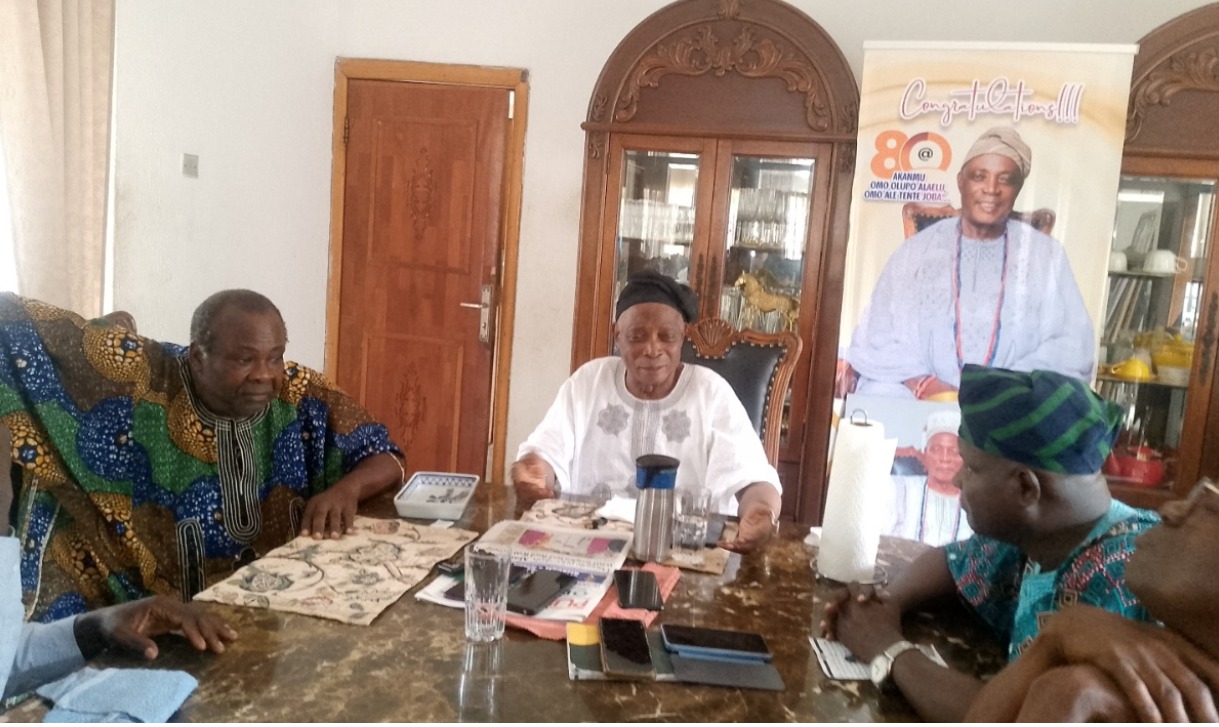The distribution and consumption of goods across markets are evolving with refined strategies for value delivery to all stakeholders. Time to market is a key performance measure in trade partnerships, especially for businesses adopting a Just-In-Time (JIT) inventory management strategy, assembling goods at specific manufacturing hubs having multiple input parts and sub-components produced across several regions.
As Nigeria is positioned to become the production hub of Sub-Saharan Africa, a strategic move for the nation is to reduce the time spent in handling the logistics required to deliver the goods to the intended consumer. The Nigeria Customs Service (NCS) issued a press statement highlighting the guidelines on dwelling time for import and export consignments at port terminals.
Based on current practice, it takes an average of 12–30 days for goods to leave the port terminals after ships or vessels have berthed or for intending export goods to be onboarded into a designated ship leaving the shores of Nigeria. The delay in the goods clearance process could arise from different issues such as documentation, fees, duties, tariffs, levies, and others arising from any of the 24 steps required for the customs clearance processes, which initiates with contracting a clearing and forwarding agent and terminates with obtaining consignment.
The implementation of the Trade Monitoring System (TRMS), the Federal Government of Nigeria Single Window for Trade, the Nigeria Trade Portal, and other digital solutions delivered through the active collaboration of the NCS, CBN, Federal Ministry of Trade & Investment, Ministry of Marine & Blue Economy, as well as other trade development partners, has been very remarkable and commendable. There are still opportunities for improvement in operation, digitisation, efficiency, and others across the 24-step customs clearance process.
A non-value-added cost is incurred by businesses each extra day a product or good is being delayed at the port. There are instances where the delay in these goods could rise from days to weeks to months to quarters to years, and issues may arise on the rights and obligations to those goods, which the society at large does not stand a chance to recognise the benefit from the consummated trade transaction. The time limit of 30 days from arrival before overtime clearance encumbrances and up to a maximum of 90 days from arrival before overtime clearance encumbrances granted on the merit of an application of extended clearance approved by a custom’s assistant comptroller general or a custom zonal coordinator.
This mandatory time limit for the clearance of goods after discharge from the importing carrier before the right disposal of the goods is a welcome development by the NCS to enhance international trade opportunities and value to businesses trading beyond borders.
This revised clearance process is designed to further decongest the ports, reduce legal disputes on overtime cargo, and boost trade opportunities. The success of this solution hinges on a very transparent and seamless harmony and communication between businesses, trade desks and the NCS.
Nigerians need credible journalism. Help us report it.
Support journalism driven by facts, created by Nigerians for Nigerians. Our thorough, researched reporting relies on the support of readers like you.
Help us maintain free and accessible news for all with a small donation.
Every contribution guarantees that we can keep delivering important stories —no paywalls, just quality journalism.
The NCS is advised to conduct a comprehensive assessment of the need to streamline the 24 customs clearance steps and address internal inefficiencies such as power outages, server downtime, unavailability of processing or approving officers, poor documentation, manual inspection and validation, physical examination, irrelevant queries, willing extortion, and other misinformation exchange among the different units and departments within the service.
READ ALSO: ANALYSIS: Nigeria Customs surpasses 2024 revenue target but faces tougher 2025
Aside from the daily demurrage charge due after 7 days, there exist increased risks of business losses that even the insurance company would not likely have priced in the estimation of the insurance premium billed to the customers. It is not rational for any business owner to have funded trade operations and transactions with highly priced capital based on the current level of interest rates in Nigeria and be willing to suffer a total loss on imported goods.
Nigeria’s ease of doing business index, international image, reputation, existing and future partnerships, and willingness for foreign partners to trade with Nigerian businesses, among other factors, are also affected by the ratio of the goods seized to total goods traded. NCS can adopt technological solutions to make the imported goods inspection faster, concurrently reducing the risk of illicit, illegal, and prohibited goods finding their way into the shores of Nigeria, as it currently takes 2–6 days to have a full inspection process completed on a container at the port.
The inland dry ports, which are closer to the manufacturing, drilling, or extraction sites under the public authority and those concessioned out by the Nigerian Shippers Council (NSC) to private investors under the Build Own Operate and Transfer (BOOT) model, are untapped gold mines that can further decongest ports, ease the clearance process, and minimise the bureaucratic processes and procedures extending the waiting time at the different seaports, airports, land ports, and other terminals designated for the exit of goods outside the shores of Nigeria.
Support PREMIUM TIMES' journalism of integrity and credibility
At Premium Times, we firmly believe in the importance of high-quality journalism. Recognizing that not everyone can afford costly news subscriptions, we are dedicated to delivering meticulously researched, fact-checked news that remains freely accessible to all.
Whether you turn to Premium Times for daily updates, in-depth investigations into pressing national issues, or entertaining trending stories, we value your readership.
It’s essential to acknowledge that news production incurs expenses, and we take pride in never placing our stories behind a prohibitive paywall.
Would you consider supporting us with a modest contribution on a monthly basis to help maintain our commitment to free, accessible news?
TEXT AD: Call Willie - +2348098788999

















 English (US) ·
English (US) ·